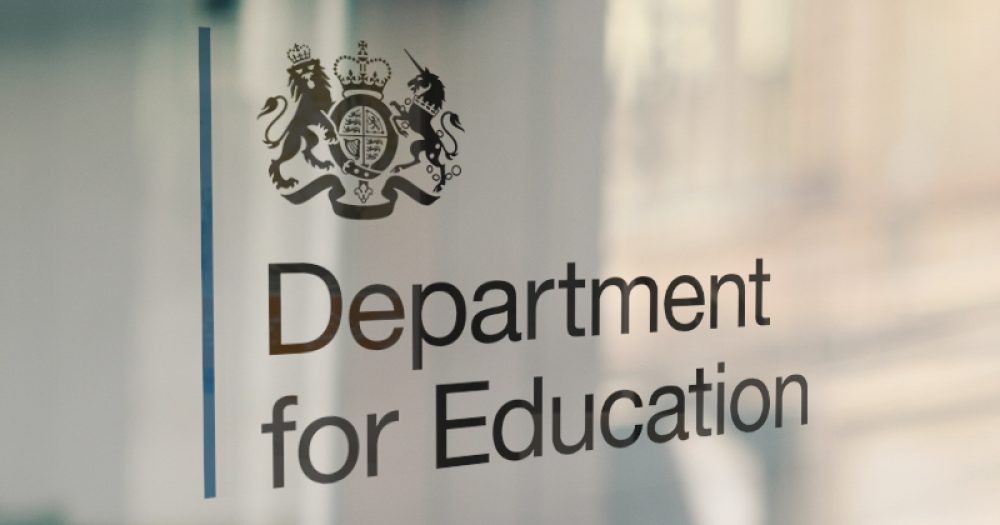The government is set to lift a veil of secrecy over academy spending in a transparency drive that will reveal reported frauds, and uncover who the highest-paid chief executives are, how much they are paid and how much trusts spend on consultants.
The education select committee this week published a “dry run” of a new-look government report that will reveal national figures relating to academy spend for the first time.
The first official report will be published next year, but the interim report published this week has revealed more than 100 academy chiefs are paid more than £150,000, academies have paid out golden handshakes totalling £52 million – two of which were at least £150,000 and auditors are flagging more concerns over significant issues in academy accounts.
While the figures for academy trusts are available in individual accounts, this is the first time collated statistics for the whole sector will be published in one document.
The move should go some way to appeasing academy critics as the number of high-profile scandals in the sector grows.
The government has said the new report will allow parliament to keep tabs on trends in academy spend and performance.
But Conservative MP and education committee chair Neil Carmichael said the government still must “do more to demonstrate its commitment to accountability” for the £18 billion academy bill. The committee is currently investigating academy finances.
The government still must “do more to demonstrate its commitment to accountability”
Carmichael wants ministers to publish further details about the costs of private finance initiative (PFI) payments and to name philanthropists making large donations to trusts.
In a letter to the Department for Education permanent secretary Jonathan Slater, he wrote: “Overall, we remain to be convinced that the revised arrangements will provide an adequate level of transparency and accountability of the department’s expenditure on academies.”
The government will also provide details of reported frauds in the sector and name academy chiefs paid more than £150,000.
Academy spend on consultancy fees and controversial off-payroll arrangements will also be published.
News of the report came on the same day that a long-awaited financial investigation into the Bright Tribe academy trust was published.
The report, which Education Funding Agency (EFA) boss Peter Lauener admitted had only been published because of significant media interest – including from Schools Week – found the trust had breached rules over related-party transactions.
But it said that instead of being issued a financial notice to improve, the government was taking a “holistic” approach.
Bright Tribe was one of five trusts named as a “top-performing” sponsor by the government last year and handed a slice of £5 million to improve standards in northern schools.
Another of those trusts, the Wakefield City academies trust, is also under investigation. As in the Bright Tribe case, the DfE refused a Freedom of Information request by Schools Week for a copy of the report.
But a leaked draft copy, seen by The Times Educational Supplement, found the DfE had “extreme concern” over the chain paying its interim chief executive more than £82,000 for 15 weeks’ work.
The move to a new-look sector report follows scathing criticism from the education committee and the National Audit Office over how the department had failed to properly account for spending by academies.
The spending watchdog said the “truth and fairness” of the department’s 2014-15 accounts could not be verified because of “misstatement and uncertainty”.
Most of these issues relate to consolidating thousands of academy accounts that have different reporting periods to the DfE and its agencies, such as the EFA.
The government has plans to rectify this over the coming years and the new report is part of its plan to get its house in order.
A DfE spokesperson said: “All academies operate under a strict system of financial oversight and accountability – more robust than in council-run schools. Where issues are identified we can and do take direct action.”








I’m sick to death of hearing this nonsensical mantra that academies and academy trusts operate under a strict system of financial oversight and accountability – more robust than in council-run schools. It’s absolute hogwash. It’s true that there are systems and protocols but they seem to be very easily bypassed by many of the rogues and double-dealers who seek to profit personally from taxpayers money that funds academies – and Peter Lauener seems to adopt Peter Mandeleson’s attitude of intense relaxation about unscrupulous people making large suns of money from the public purse. It is, simply, scandalous. Thank you, Schools Week, for being so vigilant in seeking to expose this appalling abuse of our money.
If we as teachers were part of a real profession, we should be able to disbar the double dealers from having anything to do with schools. What sort of moral leadership do these money grabbers provide for employees and students?
These types of underhand activities must be more common than is reported in the press but no-one knows how big the iceberg is. I can guess why there is very little whistle-blowing from teachers at the chalk-face. Why is there a deafening silence from Head Teacher organisations and opposition political parties? It is said that “the fish always rots from the head”. Let’s stop the rot.
A DfE spokesperson said: “All academies operate under a strict system of financial oversight and accountability – more robust than in council-run schools. Where issues are identified we can and do take direct action.
Really? I don’t remember the council being in the heads office working as his secretary, nor being one of three on the board of trustees.
It’s our taxpayers money why don’t we know how it is being spent/misspent.How many of these people are working through agencies or setting themselves up as private limited companies to avoid paying tax like the rest of us.If they genuinely cared about children’s education they would not be fleecing the public purse!